Majority of Brits say golliwogs ‘not racist’
Leave voters most likely to defend controversial dolls, while Lib Dems most likely to find them racist
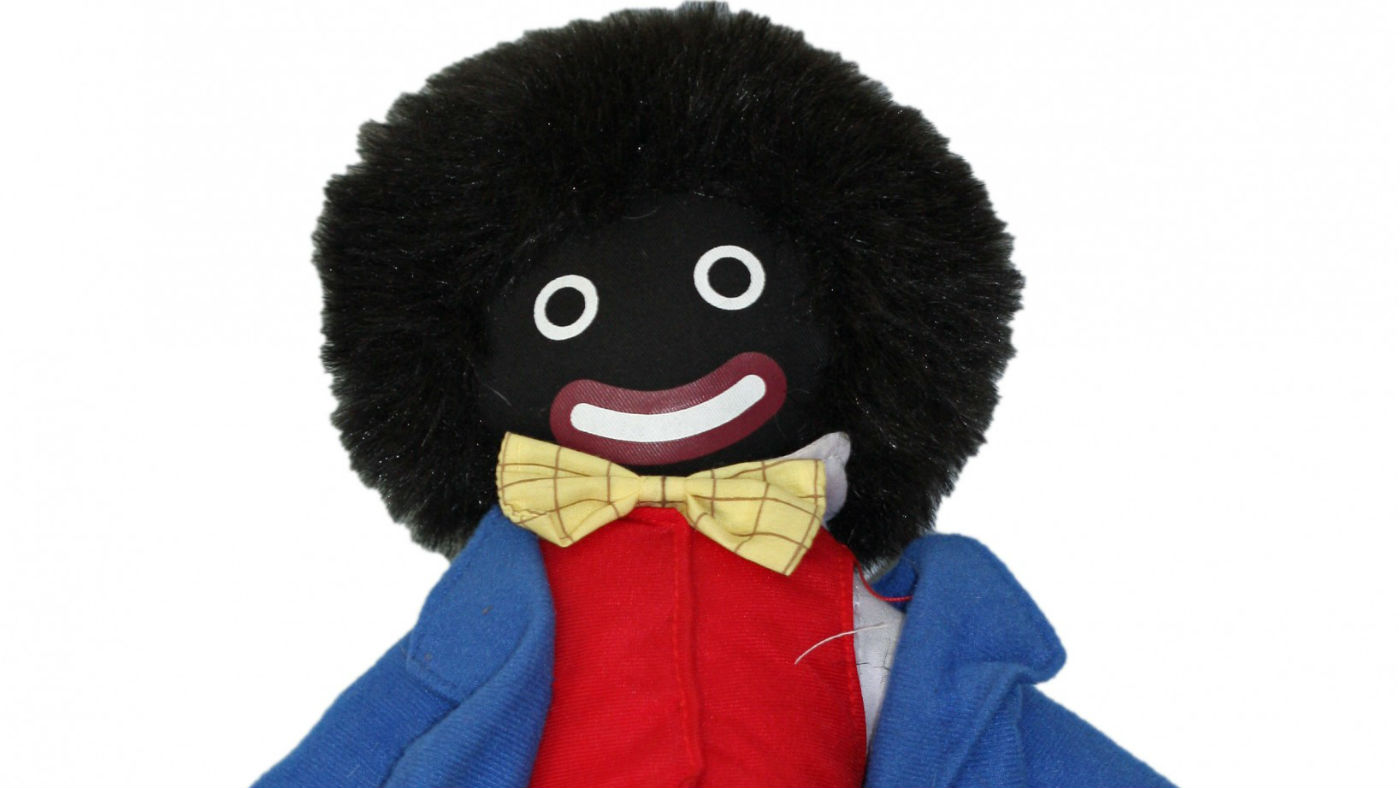
A free daily email with the biggest news stories of the day – and the best features from TheWeek.com
You are now subscribed
Your newsletter sign-up was successful
The majority of Britons do not think that golliwog dolls are racist, according to a new survey.
Once a common sight on everything from Robertson’s jam jars to Noddy storybooks, increasing backlash over their alleged racist origin has meant golliwogs began to fade in popularity in the 1970s and have now all but disappeared from public display.
In 2009, Carol Thatcher was widely criticised for comparing mixed-race tennis played Jo-Wilfried Tsonga to a golliwog, while local disputes over golliwogs displayed in shops and cafes continue to crop up in the news.
The Week
Escape your echo chamber. Get the facts behind the news, plus analysis from multiple perspectives.

Sign up for The Week's Free Newsletters
From our morning news briefing to a weekly Good News Newsletter, get the best of The Week delivered directly to your inbox.
From our morning news briefing to a weekly Good News Newsletter, get the best of The Week delivered directly to your inbox.
To their detractors, the visual design of golliwogs - pitch-black skin, bushy hair, goggling eyes, bright red lips and striped trousers - is unmistakably based on outdated and hurtful caricatures used by blackface minstrels.
But to their defenders, the rag dolls are not meant to represent real humans, and those who see similarities to racist caricatures are simply mistaken.
Golliwogs are based on the character of the same name who featured in a series of late 19th century children’s books by American author Florence Kate Upton, who in turn said she based the character on a figurine.
Polling company YouGov worked with Tim Bale, professor of politics at Queen Mary University, London, to conduct a wide-ranging study on contemporary British attitudes towards golliwogs.
A free daily email with the biggest news stories of the day – and the best features from TheWeek.com
Overall, 63% of those surveyed believed that selling or displaying a golliwog was not racist, although a lower number - 53% - said that doing so was “acceptable”.
The poll subdivided respondents by their age, political affiliation and vote in the EU referendum.
Leave voters were the demographic least likely to object to golliwogs, with 81% saying the dolls were “not racist”, compared to 9% who said they were. Among Remain voters, those figures were 48% and 33% respectively.
Those who voted Conservative in the general election were also far more likely to defend golliwogs than those who voted Labour, while Liberal Democrats voters were the most likely to consider them unacceptable and racist.
On the surface, the public appears to be ambivalent on the acceptability of golliwogs, with a slim majority coming out in favour of the dolls.
However, the data found that attitudes among young people, who by and large would not have fond memories of golliwogs as childhood toys, differ significantly from those of their elders.
Respondents aged 18-24 were the demographic most likely to object to golliwogs, with 45% saying they were “not acceptable” and 31% judging them to be racist.
The 18-24-year-olds surveyed were also three to five times likelier than those aged 65+ to choose “don’t know” as their answer, perhaps indicating that golliwogs have disappeared from mainstream society so completely that many in the younger generations are unfamiliar with them.
-
 How the FCC’s ‘equal time’ rule works
How the FCC’s ‘equal time’ rule worksIn the Spotlight The law is at the heart of the Colbert-CBS conflict
-
 What is the endgame in the DHS shutdown?
What is the endgame in the DHS shutdown?Today’s Big Question Democrats want to rein in ICE’s immigration crackdown
-
 ‘Poor time management isn’t just an inconvenience’
‘Poor time management isn’t just an inconvenience’Instant Opinion Opinion, comment and editorials of the day
-
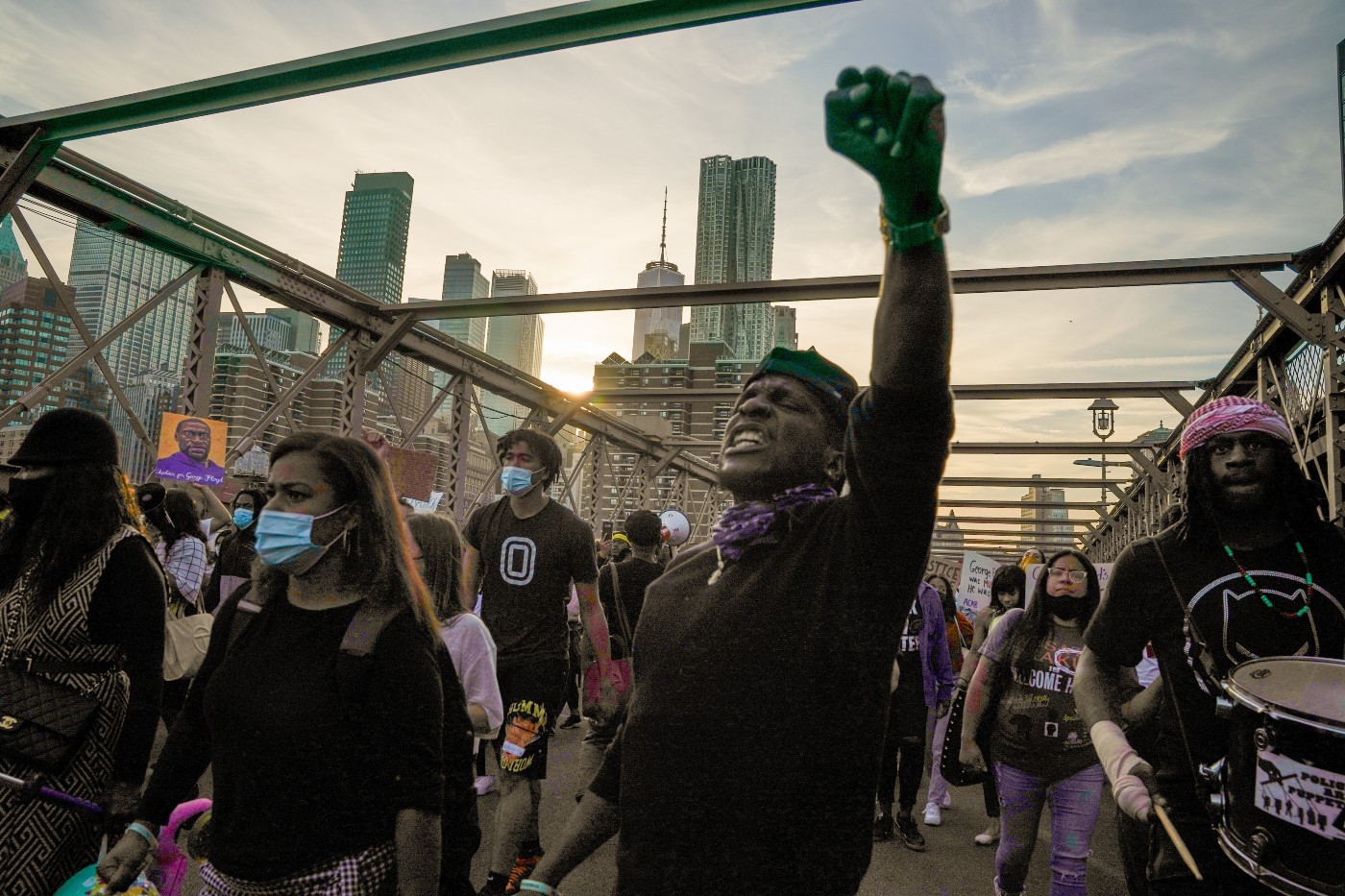 George Floyd legacy: what has changed in the US three years on
George Floyd legacy: what has changed in the US three years onfeature Police officers are more accountable but has ‘white empathy’ hit a wall?
-
 What Harry & Meghan reveals about the Duchess of Sussex’s reputation within the royal family
What Harry & Meghan reveals about the Duchess of Sussex’s reputation within the royal familyfeature New Netflix documentary shines a light on the British monarchy’s relationship with the patriarchy and whiteness
-
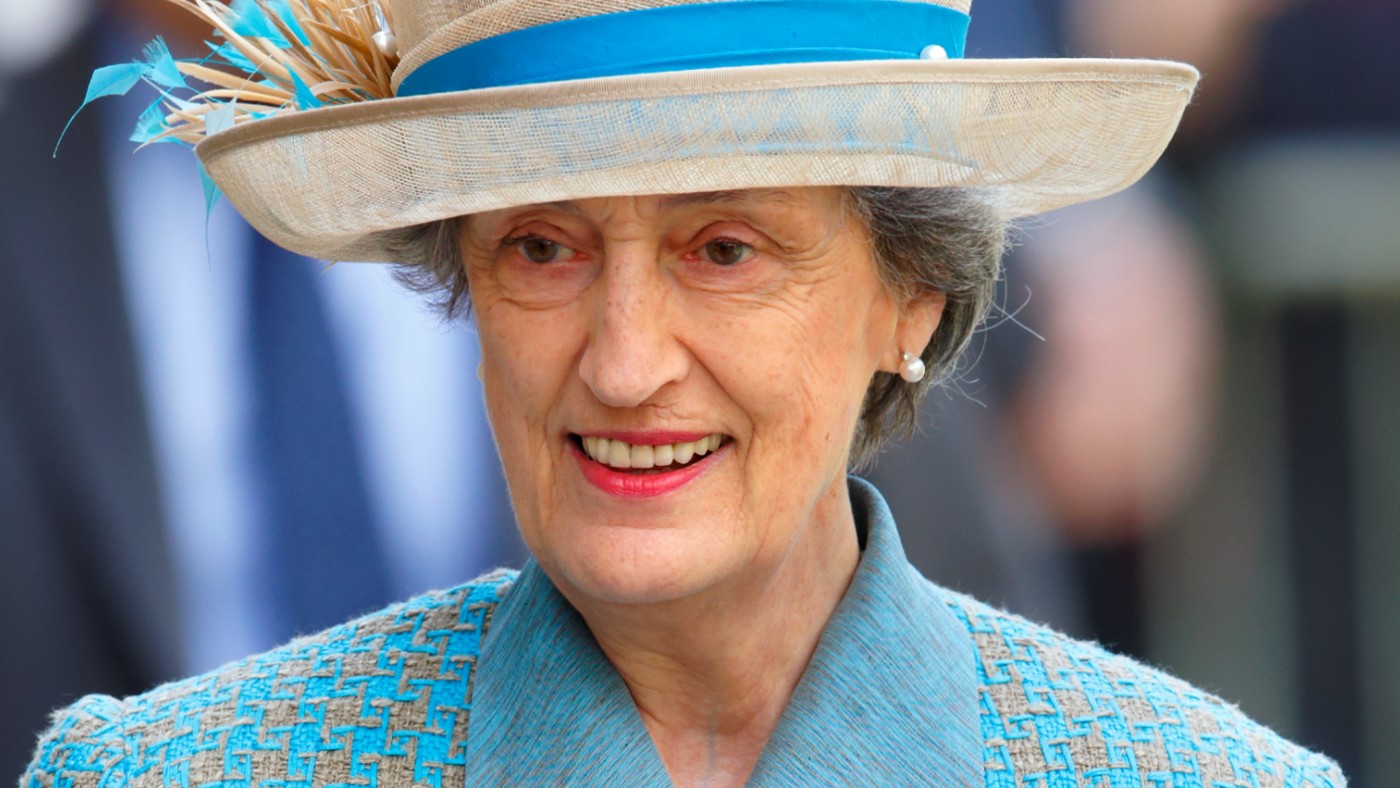 ‘Where are you from?’: a question of race and identity
‘Where are you from?’: a question of race and identityTalking Point Lady Hussey racism row could hardly have come at a worse time for the royals
-
 Inclusive Britain: a new strategy for tackling racism in the UK
Inclusive Britain: a new strategy for tackling racism in the UKSpeed Read Government has revealed action plan setting out 74 steps that ministers will take
-
 ‘Racism and prejudice emerges over war in Ukraine’
‘Racism and prejudice emerges over war in Ukraine’Instant Opinion Your digest of analysis from the British and international press
-
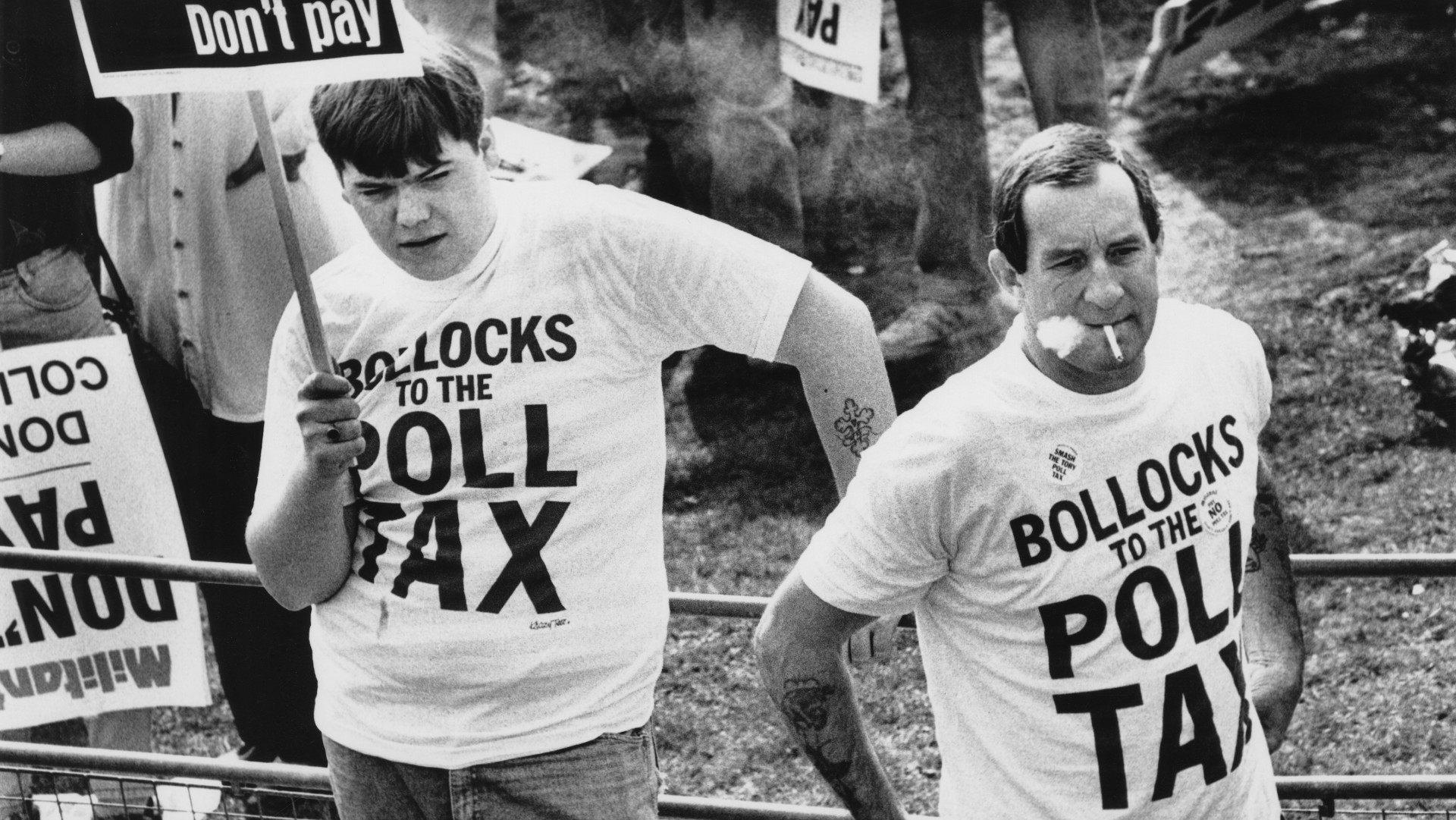 ‘The social care debacle has the same feel as the 1989 poll tax’
‘The social care debacle has the same feel as the 1989 poll tax’Instant Opinion Your digest of analysis from the British and international press
-
 ‘Azeem Rafiq’s intervention is a golden opportunity to make cricket more inclusive’
‘Azeem Rafiq’s intervention is a golden opportunity to make cricket more inclusive’Instant Opinion Your digest of analysis from the British and international press
-
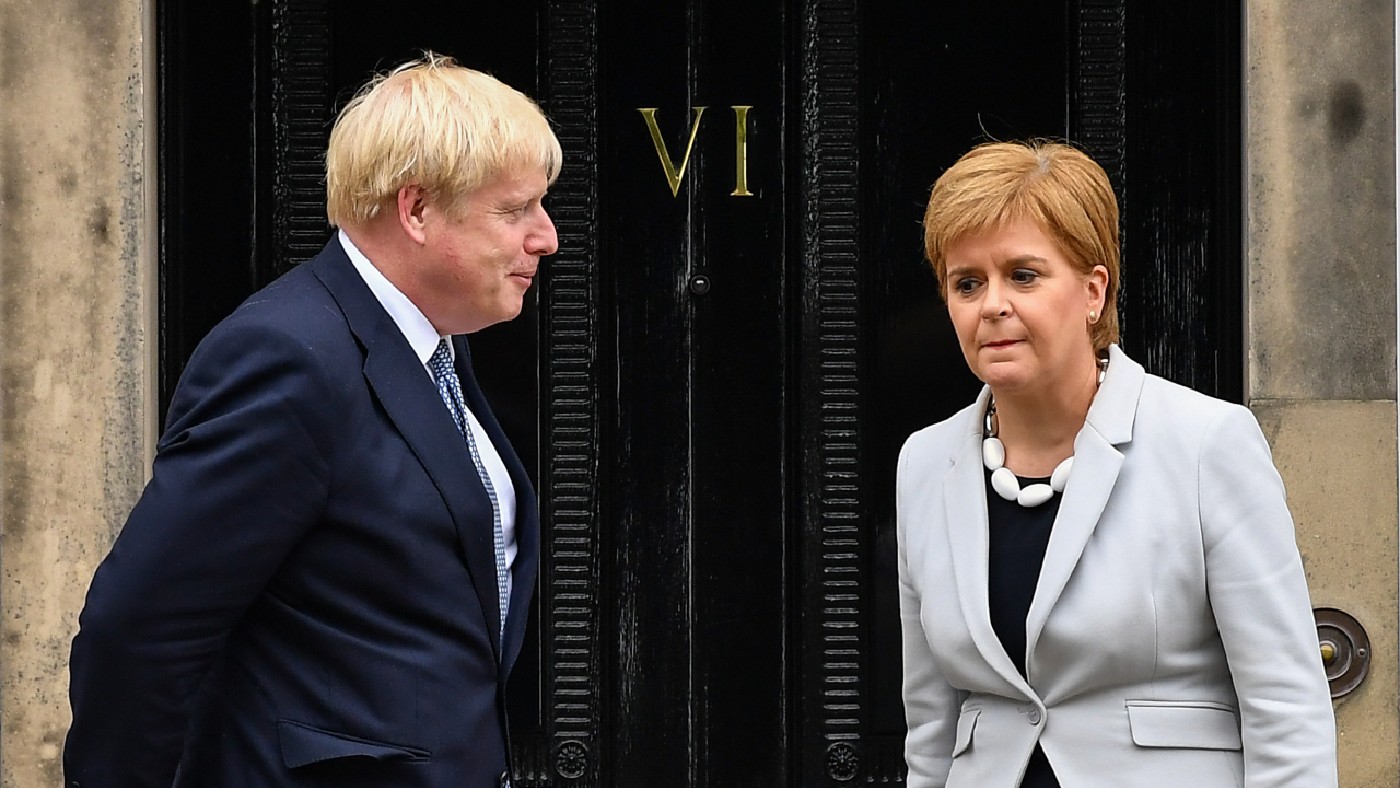 ‘In England, the economy matters more than people’s lives’
‘In England, the economy matters more than people’s lives’Instant Opinion Your digest of analysis and commentary from the British and international press